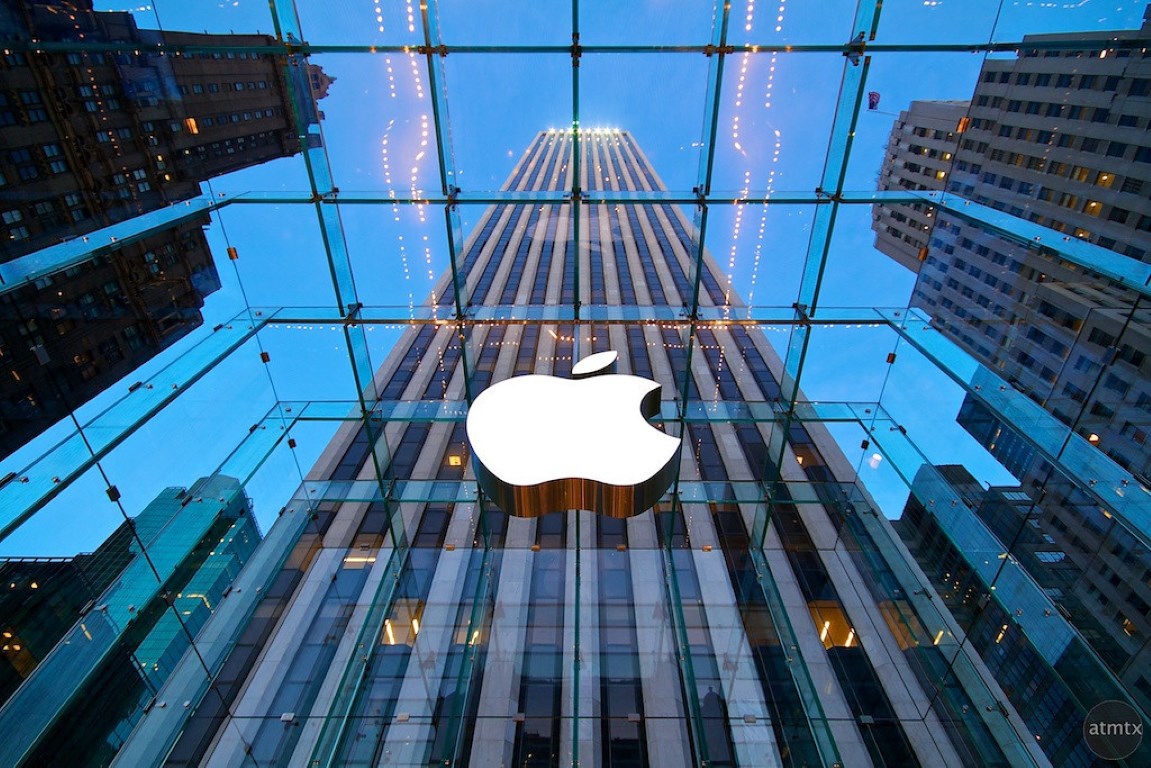Apple pays its dues
April 25, 2018 | Expert Insights

Within weeks Apple will begin paying 13 billion euros to Ireland in back taxes as ordered by the European Commission. In 2016, European Commission concluded that Ireland granted undue tax benefits of up to €13 billion to Apple.
Background
Apple Inc. is one of the most successful multinational technology companies in the world. It was founded by Steve Jobs, Steve Wozniak, and Ronald Wayne in April 1976. It was incorporated as Apple Computer, Inc. in January 1977. It currently designs, develops, and sells consumer electronics, computer software, and online services. Among the company’s most successful products are the iPhone smartphone, the iPad tablet computer, the Mac personal computer, the iPod portable media player, the Apple Watch smartwatch, the Apple TV digital media player, and the HomePod smart speaker. Apple's consumer software includes the macOS and iOS operating systems, the iTunes media player, the Safari web browser, and the iLife and iWork creativity and productivity suites. Its online services include the iTunes Store, the iOS App Store and Mac App Store, Apple Music, and iCloud. The current CEO of Apple is Tim Cook.
Analysts said Apple was now closer to becoming the first trillion-dollar company, as shares have risen in 2017. The company is seeing robust sales and quarterly profits are on the rise. As of the most valuable companies, Apple is the largest taxpayer in the world. It has paid over $35 billion in corporate income taxes in the last three years. Apple pays taxes in every country where its products are sold.
As of the most valuable companies, Apple is the largest taxpayer in the world. It has paid over $35 billion in corporate income taxes in the last three years. Apple pays taxes in every country where its products are sold. On November 2017, the leaked documents that have been named Paradise Papers revealed the secretive new structure that allowed Apple to avoid paying billions in taxes. The papers showed that Apple chose the Channel Islands after a 2013 crackdown on its controversial tax practices in the Republic of Ireland. Up until 2014, Apple had been using a loophole called “double Irish” to exploit takes in the US and Republic of Ireland.
In 2016, the European Commission concluded that Ireland granted undue tax benefits of up to €13 billion to Apple. This is illegal under EU state aid rules, because it allowed Apple to pay substantially less tax than other businesses. The body then ruled that Ireland would have to recover the illegal aid. The ruling was made following an in-depth state aid investigation launched in June 2014. The European Commission concluded that two tax rulings issued by Ireland to Apple have substantially and artificially lowered the tax paid by Apple in Ireland since 1991.
Analysis
In January 2018, Apple announced that it will be making a one-time payment of $38 billion to repatriate some of its vast overseas cash holdings. In December 2017, the Irish government reached an agreement with Apple to start collecting the €13bn ($15bn) owed by the tech giant. “We have now reached agreement with Apple in relation to the principles and operation of the escrow fund,” finance minister Paschal Donohoe said in Brussels in quotes confirmed by Ireland’s finance ministry. “We expect the money will begin to be transmitted into the account from Apple across the first quarter of next year,” he added before a meeting with the EU’s Competition Commissioner Margrethe Vestager.
Although Dublin and Apple still reject the ruling in 2016, it has now been announced that, the company has agreed to start paying €13bn in back taxes to the Irish government within a matter of weeks. The two parties are still planning on repealing the ruling. In March 2018, the Irish government appointed managers for an escrow account to hold the money until after the outcome of the appeal.
Paschal Donohoe, the Irish finance minister said, “Any loss from the fund will reside with the fund, not with the taxpayer. We expect the appeal is likely to begin in the autumn. How long the hearings last will depend on the judges overseeing it and they could be open to either party after that to take any further actions.”
“This is a very, very significant development now in terms of dealing with this issue,” Donohoe told reporters in Dublin. “This is the largest recovery fund of its kind ever to be established and, due to the complexity of such, together with our duty to comply with EU procurement rules, it has taken some time to get to this point.”
Apple has previously said: “We continue to co-operate with Ireland on the recovery process the commission has mandated but remain confident that once the General Court of the EU has reviewed all the evidence it will overturn the commission’s decision.”
Assessment
Our assessment is that the latest development has implications not only for Apple but other large organizations with sizeable footprints in Europe. In the recent years, the European Union has emerged as a tough watchdog to large conglomerates like Google and Apple. Given the increased scrutiny in Europe, it is possible that tech companies like Apple will invest more in the US (due to recent tax cuts introduced by the government). As we stated earlier, Apple is leveraging some of the astronomical $252 billion cash hoard that it has overseas and is presenting a modern-day Marshall Plan for the US economy.








Comments